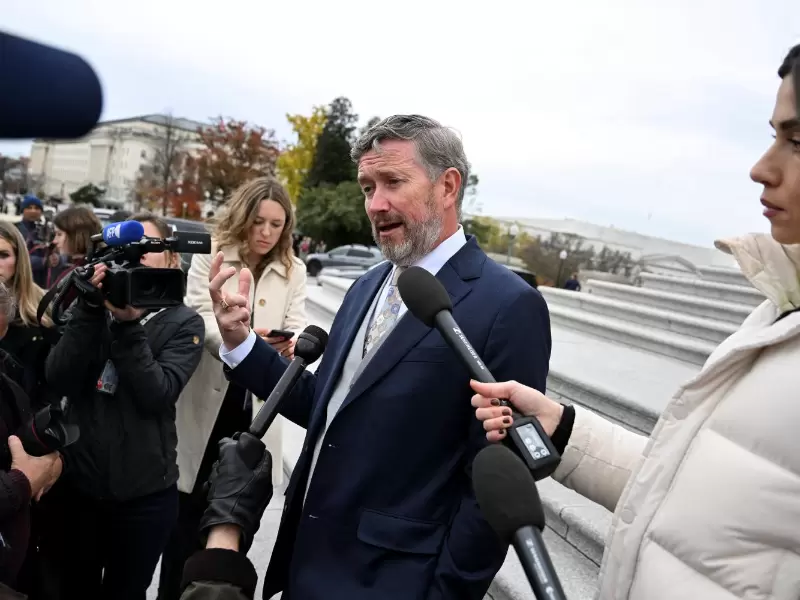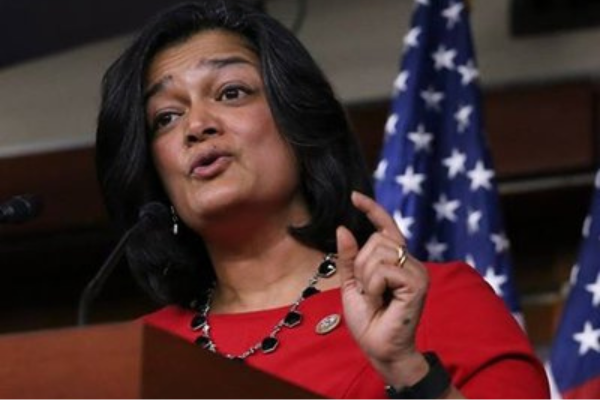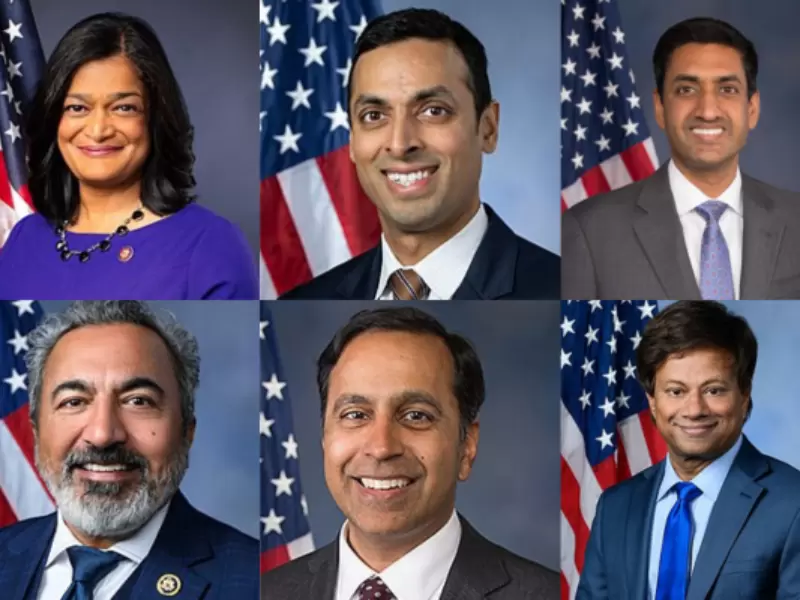US House passes measure to force release of Epstein files
Before the vote, about two dozen survivors of Epstein's alleged abuse joined a trio of Democratic and Republican lawmakers outside the U.S. Capitol to urge the release of the records.
 U.S. Representative Thomas Massie (R-KY) speaks to the members of the media as the U.S. House of Representatives votes on the release of files related to the late convicted sex offender Jeffrey Epstein, on Capitol Hill in Washington, D.C., U.S., November 18, 2025. / REUTERS/Annabelle Gordon
U.S. Representative Thomas Massie (R-KY) speaks to the members of the media as the U.S. House of Representatives votes on the release of files related to the late convicted sex offender Jeffrey Epstein, on Capitol Hill in Washington, D.C., U.S., November 18, 2025. / REUTERS/Annabelle Gordon
The Republican-controlled U.S. House of Representatives voted on Nov. 18 to force the release of Justice Department files on the late convicted sex offender Jeffrey Epstein, an outcome President Donald Trump had fought for months before ending his opposition.
Two days after Trump's abrupt about-face, the vote passed by 427-1, sending a resolution requiring the release of all unclassified records on Epstein to the Senate for consideration. The public and increasingly bitter feud among Republicans over the Epstein files had fractured relations between Trump and some of his most ardent supporters.
Before the vote, about two dozen survivors of Epstein's alleged abuse joined a trio of Democratic and Republican lawmakers outside the U.S. Capitol to urge the release of the records. The women held photographs of their younger selves, the age at which they said they first encountered Epstein, a New York financier who fraternized with some of the most powerful men in the country.
The Epstein scandal has been a political thorn in Trump’s side for months, partly because he amplified conspiracy theories about Epstein to his own supporters. Many Trump voters believe the Trump administration has covered up Epstein’s ties to powerful figures and obscured details surrounding his death, which was ruled a suicide, in a Manhattan jail in 2019.
Despite his changed position on the bill, the Republican president remains angry about the attention paid to the Epstein matter. On Nov. 18, he called a reporter who asked about it in the Oval Office a "terrible person" and said the television network the journalist worked for should have its license revoked.
'Not about you, President Trump'
Trump socialized and partied with Epstein in the 1990s and 2000s before what he calls a rift, but the old friendship has become a rare weak spot for the president with his supporters. A Reuters/Ipsos poll concluded on Nov. 17 found that 44 percent of Republicans approve of Trump's handling of the matter, well below the 82 percent who approve of his overall performance.
"Please stop making this political; it is not about you, President Trump," Jena-Lisa Jones, who said Epstein sexually abused her when she was 14, told a press conference outside the Capitol a few hours before the vote. "I voted for you, but your behavior on this issue has been a national embarrassment."
Trump has said he had no connection to Epstein's crimes and has begun calling the issue a "Democratic hoax," despite some Republicans being among the loudest voices calling for the release of the records from criminal investigations of Epstein.
"It's time to pull the Band-Aid off," said Representative Thomas Massie, the Kentucky Republican who led the effort to force the vote and joined Epstein's alleged victims at the Capitol. Ro Khanna, a California Democrat, said Trump should invite the survivors to attend the president's eventual signing of the resolution to release the records, should the Senate also pass it.
Speaker Johnson resisted Massie's move
Johnson had for months resisted a drive for disclosure spearheaded by Massie, who collected signatures from 218 House members for a discharge petition to force a vote on the resolution in the House, where Republicans hold a 219-214 majority.
Trump's opposition soured relations with one of his strongest Republican supporters in Congress, Representative Marjorie Taylor Greene, who has expressed anger at the Justice Department for not releasing more details on Epstein. She said Trump pressured her to withdraw her support for the resolution and publicly called her a traitor after she doubled down.
She joined Massie and Khanna at the Capitol before voting in favor of the resolution, telling reporters, "A traitor is an American that serves foreign countries and themselves. A patriot is an American that serves the United States of America and Americans like the women standing behind me."
Trump said his about-face on Nov. 16 was an effort to get Republicans to move on from a damaging feud about Epstein and "because we have nothing to hide." Trump already has the power to order the release of Justice Department records himself and does not need a congressional resolution compelling him to do so.
It was unclear what the Republican-led Senate would do next. Senate Majority Leader John Thune has declined to comment.
Worries about fullness of disclosure
Even after their successful effort to hold the vote, some lawmakers worried about how full the disclosure of Epstein records would be. Last week, Trump instructed the Justice Department, which has traditionally avoided acting at the whims of a president, to investigate Epstein's ties to prominent Democrats and other political opponents.
The resolution passed by the House allows the Justice Department to withhold material that would "jeopardize an active federal investigation or ongoing prosecution."
Epstein pleaded guilty to a Florida state felony prostitution charge in 2008 and served 13 months in jail. The U.S. Justice Department charged him with sex trafficking of minors in 2019. Epstein pleaded not guilty to those charges before his death.
ADVERTISEMENT
ADVERTISEMENT
E Paper
Video



 Reuters
Reuters.jpg)











Comments
Start the conversation
Become a member of New India Abroad to start commenting.
Sign Up Now
Already have an account? Login